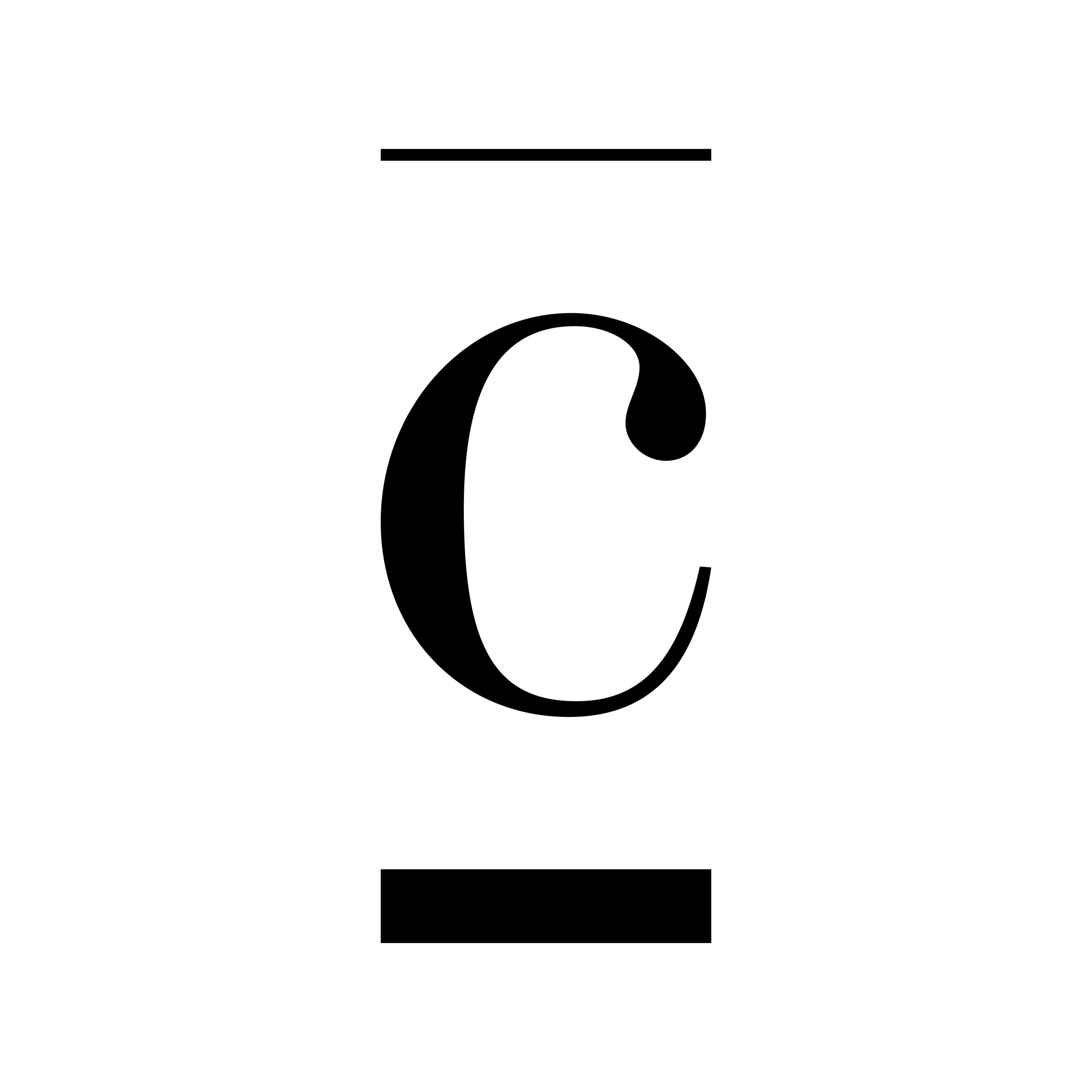Welcome
to correspondences. Our aim is to create lasting people connections across cultures through the medium of art.

to correspondences. Our aim is to create lasting people connections across cultures through the medium of art.
Photographs courtesy of our lovely team of volunteers & supporters, including Amanda Chamsay, Katherin Benjamin, Saskia Yeung & Jessye Wdowin-McGregor.
On Sunday, 16 April 2023, we celebrated our Friends & Family Picnic with Haiku Reading, Writing & Drawing.
Resident artist Yoko Ozawa inspired our Autumn picnic and its focus on haiku, its gentle power as both poetic art form and awareness practice aimed at thinking and being in the world more deeply. The (re)discovery of this sensitive art form and the simple act of gathering together joyfully to notice the world around us that was the focus of our picnic.
Owing to the wet weather, our picnic took place at correspondences in Bulleke-bek (Brunswick) on the lands of the Wurundjeri Woi Wurrung peoples of the
Kulin Nation.
We started our picnic with coffee, tea and a little chat about haiku, nature and the season of Waring on Wurundjeri Country – otherwise known as Aki (秋) in Japanese or Autumn in English.
We then read and talked about some poems from My First Book of Haiku, a selection of five beautiful haiku by the Haiku Masters Issa, Basho and Shiki. Children and adults made drawings of the poems.
Some adults chose to spend this time in quiet reflection, reading a book of haiku from our community library, drawing or exploring Yoko's latest installation.
After reading our book, our group headed to Princes Park for a ginko walk in and around nature.
Participants were given a 'haibun' diary - a small book folded out of origami paper - and encouraged to look, listen, touch, smell and even taste the world around them and record their experiences in their diaries.
Some participants wrote haiku. Others drew or wrote diary entries about their feelings and experiences.
After our ginko walk, we returned to the gallery for our bento boxes, tea, coffee and Japanese cheesecake.
After our snacks, we focused on haiku writing. We talked about the seven Keys to writing haiku, which come from a great book we read by Patricia Donegan - a poet, translator, professor of creative writing, Fulbright scholar, meditation teacher, student of haiku poet Seishi Yamaguchi, and an advocate of haiku as an awareness practice.
After stepping through the seven keys and a few extra tips, participants were invited to relax and share their haiku or drawings. Many shared, and others continued to draw, write or talk with Yoko or amongst themselves about their experiences.
—Emma Thomson, correspondences
We pay our respects to the Wurundjeri Woi Wurrung peoples of the Kulin nation for allowing us to have this special gathering on their Country in the season of ‘Waring’ – otherwise known as Aki (秋) in Japanese or Autumn in English.
We thank the Wurundjeri Council and Elders for sharing their knowledge and helping us to learn about the Wurundjeri seasonal calendar, its time-honoured beauty and wisdom.